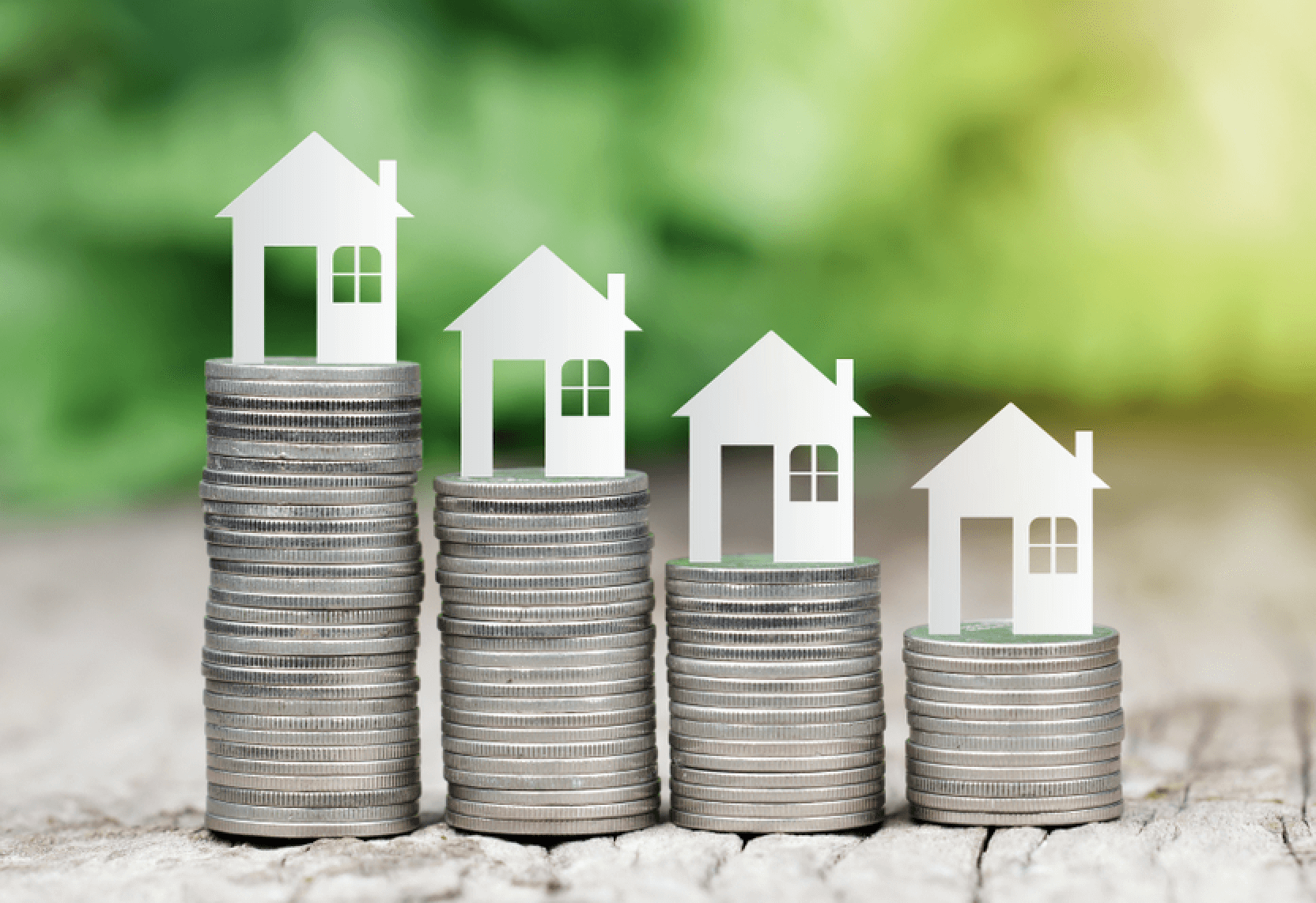10 Ways to Get Started Investing in Property
- Home
- /
- 10 Ways to Get Started Investing in Property

- 04 Mar, 2024
Categories General
10 Ways to Get Started Investing in Property
Property, the very word brings a sparkle in the eyes of many prospective couples who dream of having their own home. But these are the end users who are fed up of paying rent and want to use the same money into something constructive that actually bears fruit for them rather than filling the pockets of landlords. But there is another class of buyers who have surplus cash acquired through income from salary or business and want to reap exponential returns.
1.Examine all options before taking the plunge
Stories abound from time immemorial of people buying land in the most desolate places and emerging as millionaires as the city developed and the infrastructure boomed. But there is a small minority who have invested their hard earned savings in residential property in far-flung areas only to find themselves unable to find the cash for their rising expenses as all their surplus money is invested in the house property whose rising maintenance cost is not being matched by current returns. Had they invested the money in debt and other financial products like mutual funds, bonds, derivatives, their returns and liquidity would have been higher.
2. Find the right investment zones
There are certain suburbs in each city where you will find entire colonies that have been purchased by thousands of investors for investment purposes only but there is no one living in these buildings. Such blind spots exist in large metropolises also and not just in small cities. The extended global economic recession has increased the volume of this unsold inventory to never before levels. And it is becoming a concern for governments as purchasing power has gone down. Infrastructure spending, capital formation needs to be overhauled to improve incomes and raise purchasing power parity with other economies.
3. At times, renting it out proves to be much better
You need to think that you should go for buying property only when the rentals cross more than 25% of your net monthly income and paying an equated monthly instalment proves to be a sensible option. Rent should typically be within twenty percent of your income. If it is at 5 to 10 percent of your income, then staying on rent makes sense until the time your net worth rises to comfortable levels.
4. Early bird catches the worm
The earlier you buy house property with the help of internal accruals, help from parents, friends, relatives, the higher appreciation you will see. The best time to buy property is at the time of the birth of your child and the best time to exit the property is when your child crosses high school and enters college. The cash earned from selling the property can finance his or higher education and pay for marriage expenses, in case your firstborn is a daughter.
5. Plan it out: Do not make the mistake of being asset rich and cash poor
This is a mistake made by the elderly all across the globe in their working life. In the enthusiasm to build houses for each of their children as their incomes are rising in the 30s and 40s, they tend to invest in multiple houses. But as their incomes begin to fall due to job instability, inability to handle too much workload, then they find themselves in the classic “ asset rich- cash poor” scenario. Some people invest for fear of spending their money and their investment gets locked for long periods of time.
6. Avoid negative equity situation
This is a real risk if you are taking a loan to buy residential property to benefit from cost escalation. Everything will be fine till you are holding the property, but if you plan to sell the property in a depressed market, then you will realize that the amount you will fetch from the proceeds of the house will be lower than the amount outstanding to the bank. This is a negative equity situation and should be best avoided. Usually, a buffer cash reserve needs to be kept for such situations.
7. Fixed rate vs. floating rate home loans
Opt for fixed-rate mortgages if your income increases steadily over time and your compensation package does not include variable pay. In case you are in a sales related job with a strong variable pay component, then floating rate mortgages may be suitable. Conversion from fixed to floating rate and vice versa can be done by paying a fee. Sometimes, you are charged with that fee based on the discretion of the bank. Interest on mortgages is usually calculated on a weekly basis by most banks, though you need to check if they are charging on a daily or quarterly basis.
8. Ensure the builder has all the necessary permissions
This is critical or else, the entire investment will go waste. Ensure that all land titles are clear and for this, you need to enlist the help of a real estate agent.
9. Kitchens, Bathrooms, Interiors Should Be Impeccable
Keep in mind that the real market value of your property is decided by how good, sophisticated and well built, the kitchens, bathrooms are along with the floorings. Marble floorings are the easiest to clean and fetch the best prices. Aluminium sliding windows, doors are another great asset along with high-quality electrical fittings that can hike up the value of your property.
10. Schools, Hospitals, Civic Amenities make all the difference
Your growing family needs the best civic amenities closer home and the same thoughts will ply on the minds of the buyers who will be looking at investing in properties that have good schools, colleges, hospitals, shopping complexes, multiplexes and they will be ready to pay extra for such a property. Banks and financial institutions also extend loans easily for occupied properties as compared to vacant apartment complexes.
Conclusion
Your total net worth should not be disturbed by more than 30% while going in for a house purchase. Only then can you have peace of mind. Commercial property is cheaper and is a good investment if you are a business owner. Some business owners prefer to live on rent and keep selling their commercial property at regular intervals, ploughing back the profits in their business.
Buying property does not mean that you have become rich overnight and display irrational exuberance by spending high on credit cards for holidays, apparel, dining. Discipline is the key to investing and so is living a balanced lifestyle as life is all about paying bills on time. Last, but not the least, try and find a good stable tenant because occupied properties fetch much higher prices than vacant properties due to the reliability factor that comes into play. With these pointers in mind, we are sure you will make a sound investment decision.
Good luck in your search!





































